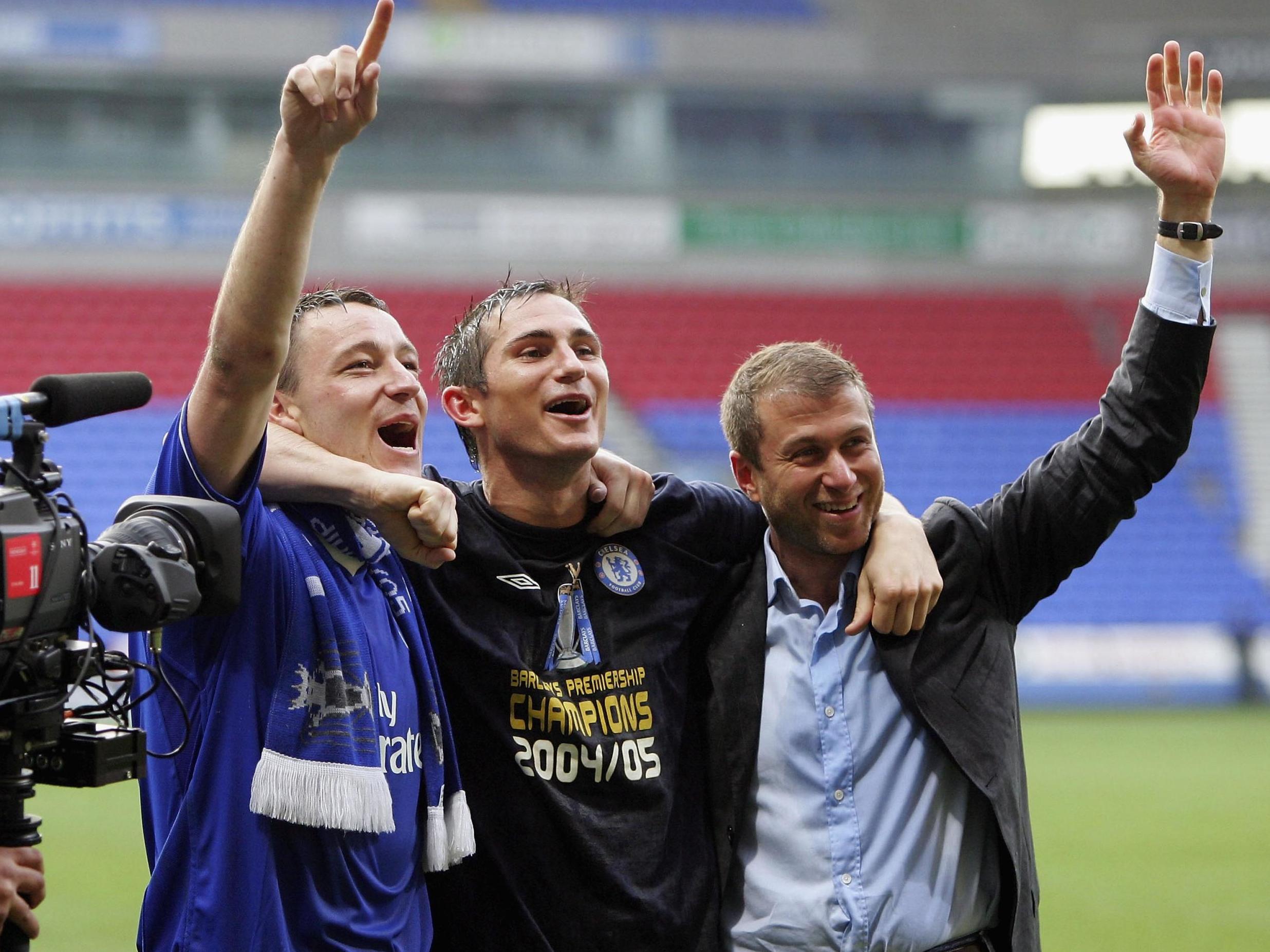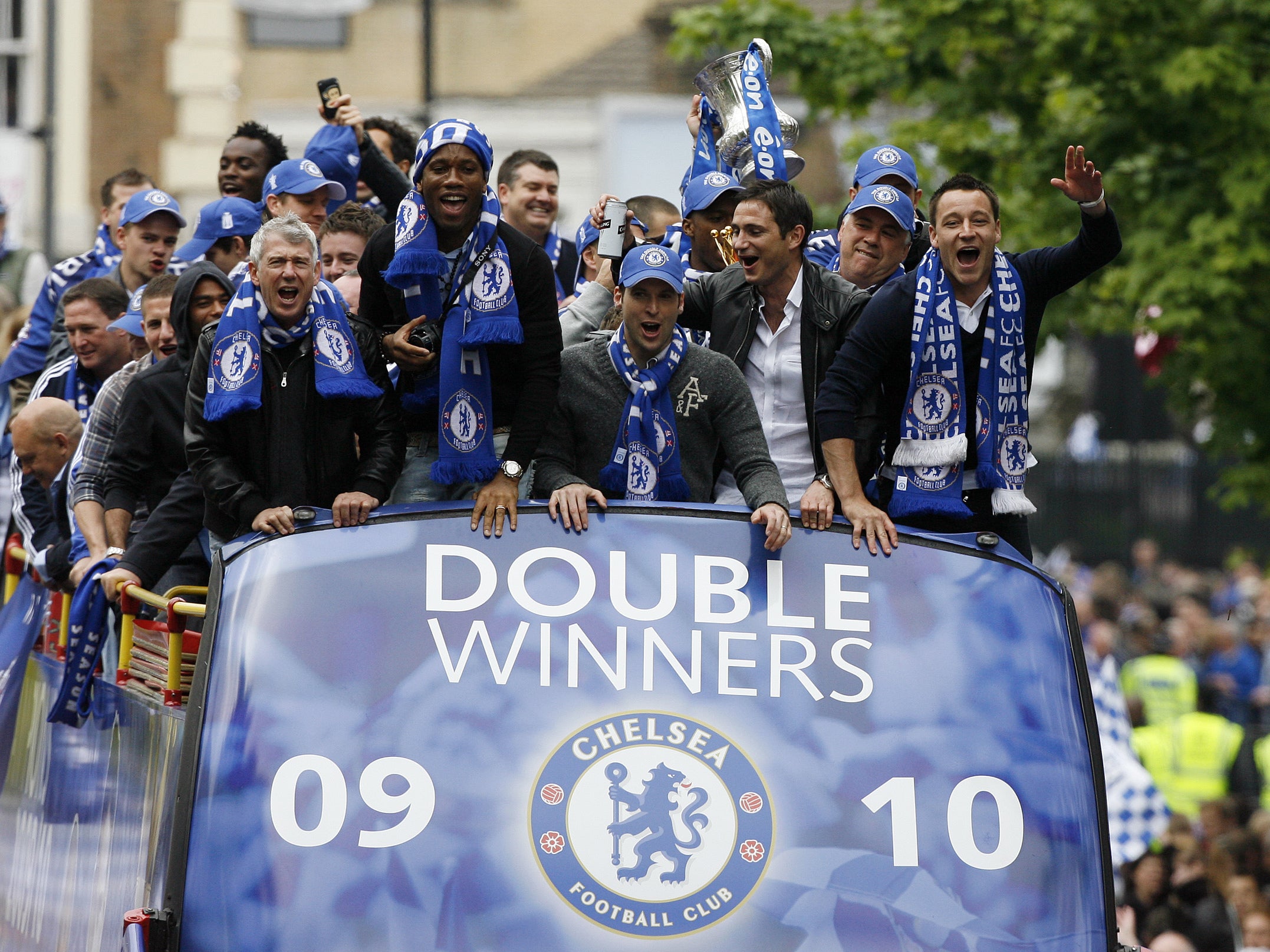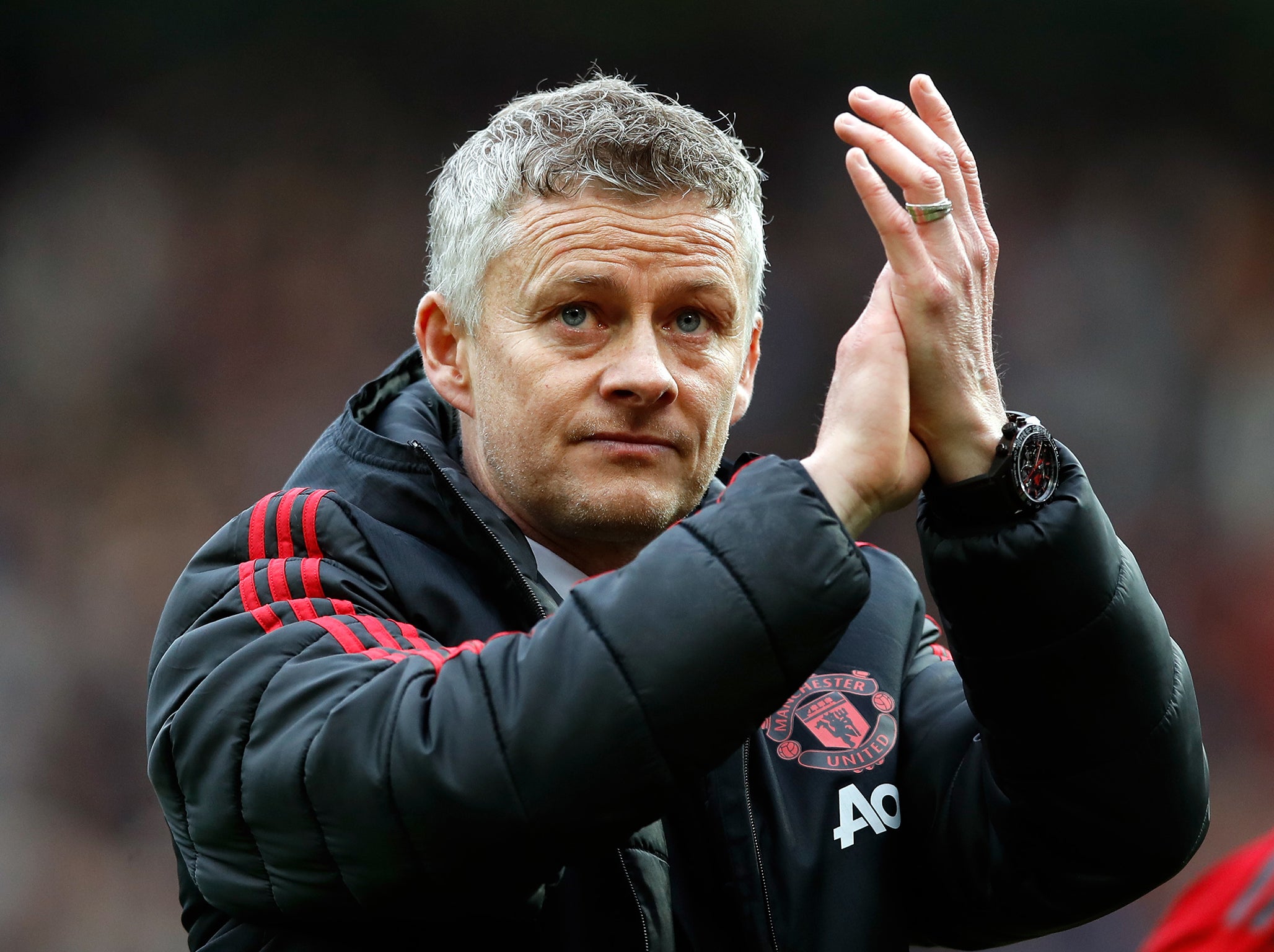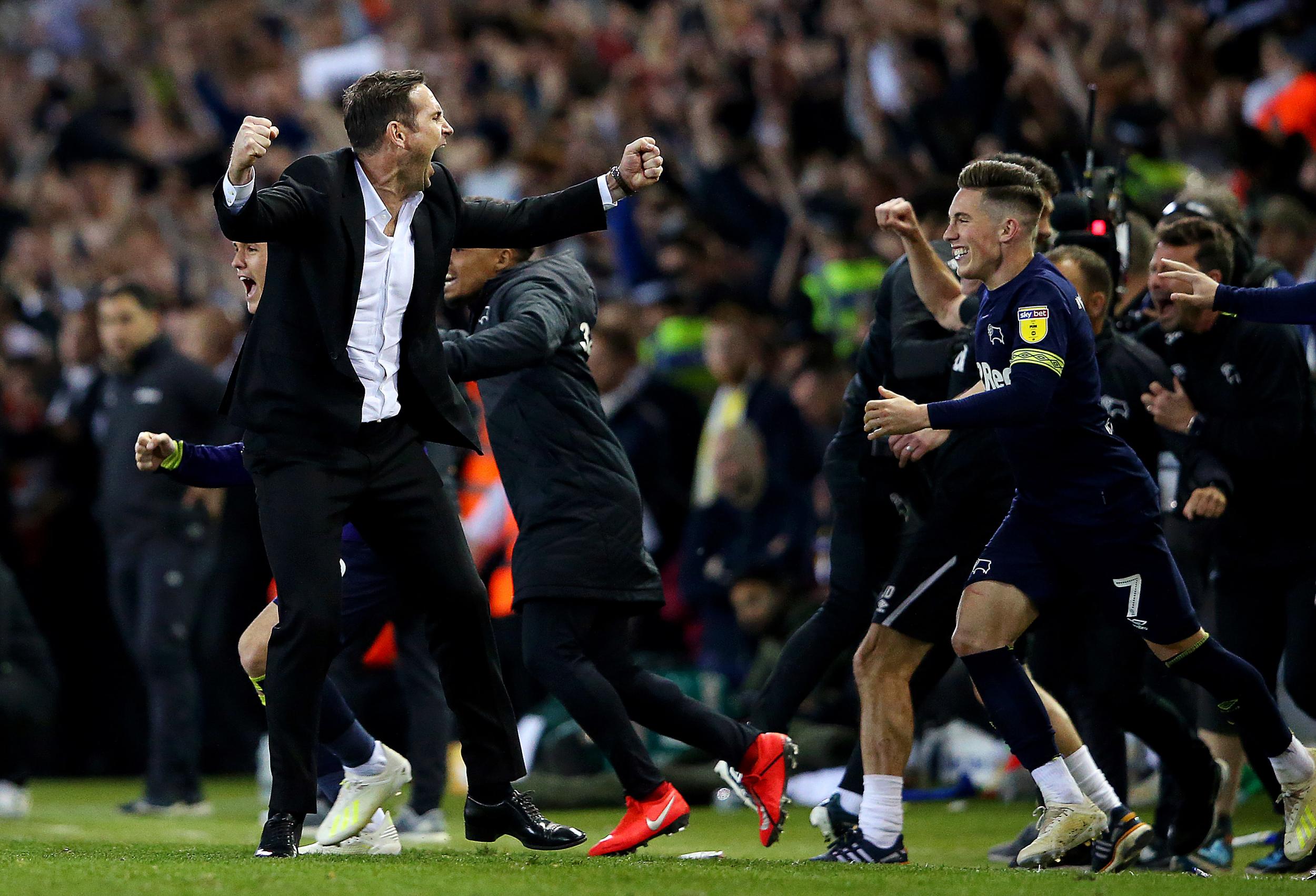Frank Lampard Chelsea manager: The conversation with Roman Abramovich that got Blues legend the job
The Chelsea owner usually sets clear objectives during interviews with prospective managerial candidates, but with Lampard it was completely different
It is a Chelsea manager with a difference that stems from a conversation with a difference.
When Roman Abramovich has his customary conversation with prospective appointments, the discussion is usually about the club’s objectives, and the club’s signings. Not so with Frank Lampard, the first English manager of the Russian’s era, but also - crucially - the first former Chelsea player to take over in the Russian’s era. Maybe the greatest Chelsea legend at that. Abramovich did not issue any major objectives as regards trophies, because the club can’t make signings with the transfer ban. What is said to have struck the Russian was that Lampard did not see this as an obstacle, but rather as an opportunity; a challenge.
The vibe is very much let’s see what we can do with what we’ve got, which is still a very good squad, with a lot of very good young talent coming through.
Crucial to this conversation were Abramovich’s guarantees that Lampard will not be judged on his first season, which is likely to be a difficult one. The former captain can of course take this at face value, because he has a long relationship with the Chelsea owner, and a much better one than any previous manager.
The key is that it does not just give Lampard time, however, but also gives Chelsea time.
That is the value of appointing such a figure, at such a complicated time.
It means this is a rare case of so much aligning for all parties, almost because the club are going through such difficulties. After a spell of such discord under Maurizio Sarri, they have a manager who will enjoy complete support from the crowd.
He has been given the rare room to err, and that has in turn given the club the space to evolve.
He’s also been given sufficient internal support for all of this.

Chelsea have effectively done what Manchester United have been striving to do for so long, and very quickly introduced a modern technical structure around their manager, populated by likeable - but also extremely shrewd - figures.
Jody Morris will help with the tactics as well as the promotion of young players, with the former midfielder also enjoying the major benefit of having worked in the club’s youth system before.
Didier Drogba will help with the running of the team, and to set a certain standard and Petr Cech will meanwhile help with the technical planning, and liaise with Marina Granavskaia.
This is effectively what United have been idealising with former players like Michael Carrick, Rio Ferdinand… and Ole Gunnar Solskjaer.

Which brings us to Lampard, and one of the more interesting questions about this choice, and all similar such choices.
A large part of the appeal with Lampard is that, just like Solskjaer, he is a unity candidate. His very appointment just brings everyone together after such a difficult time. It has an obvious power.
But, as we’ve seen with Kenny Dalglish at Liverpool, and even Solskjaer already with United, that power only goes so far.
It remains relatively superficial, against football’s only real truth: results.
So, it has to go deeper.

And it raises a deeper issue with this growing trend of inexperienced playing legends taking over at their former club.
Part of the appeal is, and why they are “unity candidates”, is how well they know the clubs, but also how they know what to say.
We’ve all heard the appeals to history, the anecdotes about the ultimate education being having worked with the greats.
Lampard, as befitting someone who so looks and sounds the part, has already made all the right noises in this regard.
At a recent Nordoff-Robbins charity dinner to celebrate his playing career, he spoke predictably well about all his former Chelsea managers, and how he picked up something off all of them. There was the tactical mind of Claudio Ranieri, the will and drive of Jose Mourinho, and even the humanity of Avram Grant.
It raised the tantalising theory that Abramovich’s very willingness to so quickly discard Chelsea managers may have actually helped create the most fully-formed Chelsea manager.
Except the issue with just copying your previous managers is that you end up as a mere photocopy.

Being able to draw on such predecessors is really only valuable as regards more specific cases of micro-management, how to deal with certain problems.
The macro of management, however, is about something deeper within a coach - that can’t really be copied, or even learned. Taking some example on doesn’t necessarily mean taking it in.
Management is really about personal charisma, decision-making, ideas, and being able to implement them.
It is why Solskjaer can talk at length about what Sir Alex Ferguson would do, but never really know why he does it.
This is why it all goes so much deeper.
This is the real interest of appointments like this. This is the true intrigue of Lampard’s time at Chelsea, once we’re past this initial season.
There, he will do everything desired. As with his personality, he will tick all the boxes. He will finally bring through the graduates. He will guide the club through a difficult period, while re-asserting its standards. He will excite the support more than anyone else, at what otherwise would have been the most unexciting and depressing time.
But, again, those are all relative superficialities.
The real difference will go much deeper.
Join our commenting forum
Join thought-provoking conversations, follow other Independent readers and see their replies
Comments